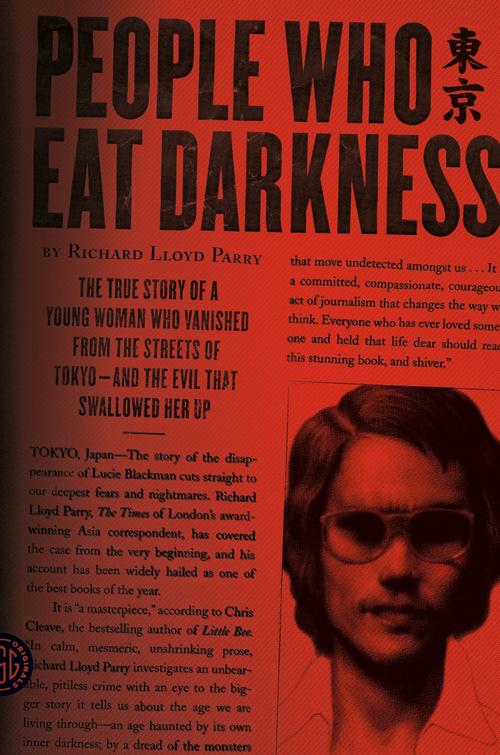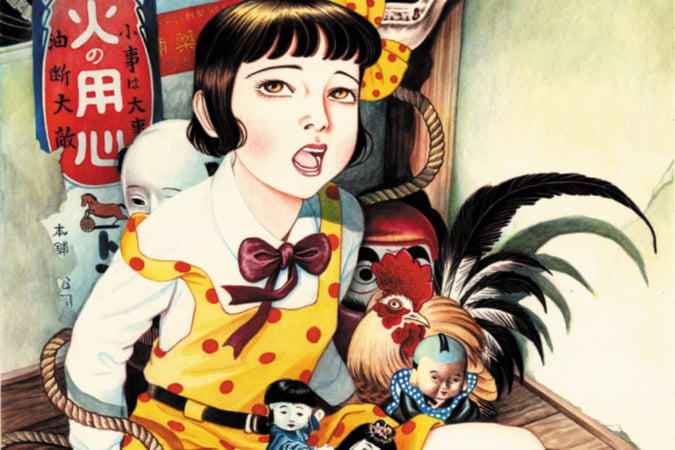‘People Who Eat Darkness’, a Counter-Investigation into a Disappearance
After a young English woman vanished in Tokyo, Richard Lloyd Parry questioned the official version of events and began his own inquiry.

© FSG Originals
In the heart of summer 2000, Lucie Blackman, a young English woman who had not long arrived in Tokyo, disappeared without a trace. Having got into debt, she had been working in a hostess bar in the Roppongi district. Her parents launched a huge campaign to raise awareness to try to find their daughter, but their efforts were in vain.
‘To lose someone in a shopping centre is one thing, but to lose someone in a different continent —you don’t know where to start. You know no one there; it’s a completely different culture. It was the worst place in the world for that to happen’, writes Richard Lloyd Parry, writer and Asia Editor of the Times of London, based in the Japanese capital, in his book People Who Eat Darkness.
Immersed in the abysses of Tokyo
The investigation conducted by the Japanese authorities was universally regarded as slapdash, leaving members of the young woman’s family staring into the abysses of incomprehension. This is precisely what motivated Richard Lloyd Parry to start writing this counter-investigation People Who Eat Darkness, in which, after speaking to the Blackman family and some of Lucie’s friends, the journalist found his way into the darker side of the Japanese capital.
He wandered around the Roppongi district, known for its many hostess bars that often employ young women in unstable situations, frequently illegal immigrants, and tried to understand the workings of the Japanese sex industry, the limits of criminal justice… The journalist was threatened regularly, and also spied on and sued.
People Who Eat Darkness reveals the darker face of Japan but also of certain protagonists, even civil parties. This counter-investigation could be read like a crime novel if only it was not based on true events.
People Who Eat Darkness (2020), a book by Richard Lloyd Parry published by FSG Originals.
TRENDING
-
Hiroshi Nagai's Sun-Drenched Pop Paintings, an Ode to California
Through his colourful pieces, the painter transports viewers to the west coast of America as it was in the 1950s.

-
A Craft Practice Rooted in Okinawa’s Nature and Everyday Landscapes
Ai and Hiroyuki Tokeshi work with Okinawan wood, an exacting material, drawing on a local tradition of woodworking and lacquerware.

-
The Tattoos that Marked the Criminals of the Edo Period
Traditional tattoos were strong signifiers; murderers had head tattoos, while theft might result in an arm tattoo.

-
‘Shojo Tsubaki’, A Freakshow
Underground manga artist Suehiro Maruo’s infamous masterpiece canonised a historical fascination towards the erotic-grotesque genre.

-
‘Seeing People My Age or Younger Succeed Makes Me Uneasy’
In ‘A Non-Conformist’s Guide to Surviving Society’, author Satoshi Ogawa shares his strategies for navigating everyday life.





